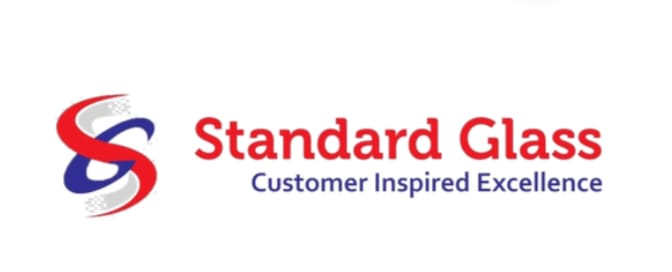Beyond Borders: Why Technology, Not Land, Will Define Global Power in the 21st Century

For centuries, geographical size and strategic location have been considered cornerstones of global power. Empires rose and fell based on their control of land, resources, and trade routes. However, the 21st century is ushering in a new era – one where technology, not geography, will be the primary determinant of a nation’s influence and dominance. As Frank A. Rose argues, technological advantage is a dynamic and ever-evolving asset, requiring constant cultivation, robust protection, and relentless renewal.
The traditional measures of power – population size, natural resources, and territorial expanse – are becoming increasingly less relevant. While these factors still hold some importance, they are no longer the defining characteristics of a powerful nation. Consider the rise of countries like South Korea and Taiwan. These nations, despite their relatively small landmasses, have achieved significant global influence through their technological prowess in sectors like semiconductors, electronics, and telecommunications.
The Fluid Nature of Technological Advantage
Unlike a fixed landmass, technological advantage is inherently fluid. It's not a static resource that can be simply possessed and defended. It's a dynamic capability that demands continuous innovation and adaptation. A nation that rests on its technological laurels risks being overtaken by competitors who are constantly pushing the boundaries of what's possible.
This requires a fundamental shift in how nations approach strategic planning. Instead of focusing solely on territorial control and resource acquisition, governments must prioritize investments in research and development, education, and infrastructure that supports technological innovation. Fostering a culture of entrepreneurship and attracting top talent are also crucial components of this strategy.
Cultivating, Protecting, and Renewing
Frank A. Rose highlights three key pillars for maintaining technological leadership: cultivation, protection, and renewal.
- Cultivation: This involves nurturing a vibrant ecosystem of innovation, supporting startups, funding research institutions, and encouraging collaboration between academia and industry.
- Protection: Protecting intellectual property rights is essential to incentivizing innovation and ensuring that companies can reap the rewards of their investments. Robust cybersecurity measures are also crucial to safeguard sensitive data and critical infrastructure.
- Renewal: Technological landscapes change rapidly. Nations must be prepared to adapt to new trends, invest in emerging technologies, and constantly upgrade their capabilities. This requires a long-term vision and a willingness to embrace change.
The Geopolitical Implications
The shift towards technology-driven power has profound geopolitical implications. Countries that fail to adapt risk being marginalized in the global arena. The competition for technological dominance is already intensifying, with nations vying for leadership in areas like artificial intelligence, quantum computing, and biotechnology.
The United States, China, and Europe are currently leading the charge in many of these fields. However, other nations are also making significant strides, and the landscape is constantly evolving. The ability to attract and retain talent, secure access to critical resources, and foster a supportive regulatory environment will be key determinants of success.
Conclusion
The 21st century will be defined by technological innovation. Nations that recognize this reality and prioritize investments in technology will be best positioned to thrive in the global arena. Geography will remain a factor, but it will no longer be the defining one. The future belongs to those who can cultivate, protect, and renew their technological advantage – those who understand that in the age of information, knowledge is truly power.






